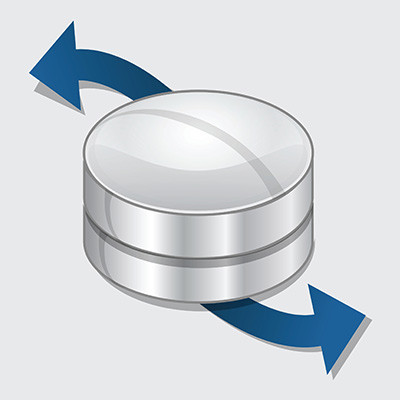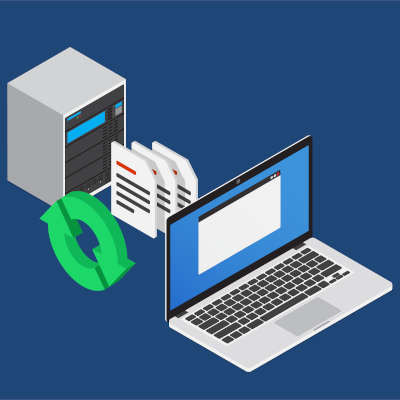To safeguard your organization's invaluable digital assets, you must undertake a task that, in most other business aspects, is often avoided: building redundancy. Redundancy, though typically viewed as wasteful, takes on a critical role when it comes to safeguarding your data, which is the lifeblood of your business.
JensenIT Blog
Data backup is a must-have for every business, but it isn’t enough to just copy your data. You will need to have a data recovery strategy in place to ensure that your business can effectively respond after a data loss incident. Today, we’ll take a look at why considering your recovery strategy early is important, and how to prioritize it with everything else going on with your business.
No one ever hopes that they have to take advantage of their disaster recovery solution, but it is something that every business needs to have in order to sustain operations even in the worst of times. Understanding how these solutions work, as well as the goals your organization has for them, are critical to recovering post-disaster.
Take a moment to imagine yourself in this scenario; you are going about your day-to-day business when all of a sudden, something profound happens to disrupt operations, grinding productivity to a halt and possibly even putting your company’s workers or infrastructure in jeopardy. No matter the disaster experienced, you need to have a plan in place to not only respond, but also recover from the incident in the most efficient way possible.
There are a lot of different ways that companies and organizations approach data backup, ranging from backing up everything to backing up literally nothing (which we do not recommend). In many ways, backup is simply a form of insurance—the difference being that you’re investing in a solution to a problem, rather than a means to cover your business’ damages.
If there is one thing we tell every would-be client of ours, it is that it is essential that they secure their data with a comprehensive backup and recovery system. This is not to make our lives easier or to sell products, it is a fact, and said strictly for their own benefit. Even the smallest organizations need protection against situations that could put all their staff’s hard work in jeopardy. Let’s take a look at why backup is so important.
There are numerous backup strategies. Some are attractive for their affordability, some for their comprehensiveness, but regardless of the strategy you use, it will need to fit the kind of work that you do. Some businesses need to make considerations for the amount of data that is created, and what would happen if it were lost. This is where an operational backup strategy comes into play. Let’s take a look at what that means.








